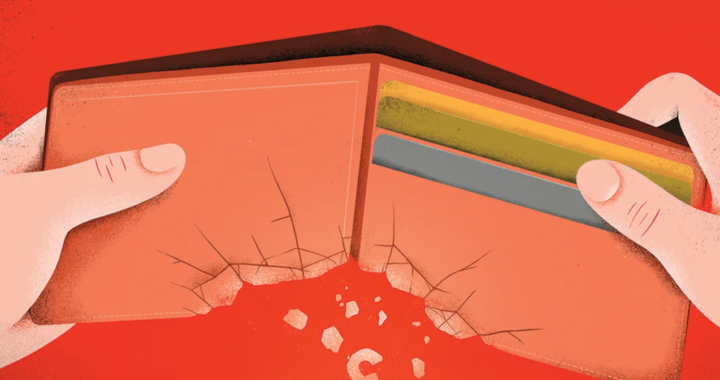
Political Economist Jeffrey Sommers: on Baltic Inflation, Protecting Rich Grannies and Bending EU Fiscal Rules
But the other thing that property taxes do is take housing prices down. Every family, every household has a certain amount of money for housing – that’s the money they have for it and they won’t have more. And somebody is going to get that money. It’s either going to the state, in part through taxation, and will be used for kindergartens, healthcare, national defense, paving roads, all these things that are actually productive and help people and the economy. Or it can go to banks. As the property tax goes down, the housing price goes up because there’s more money available for the purchase of a property. Banks love that, because that means larger mortgages, larger fees, larger commissions and more debt service payments. The argument that you’ll get from the banks and the real estate sector as to why this is a bad idea is that they’re protecting grandma.

